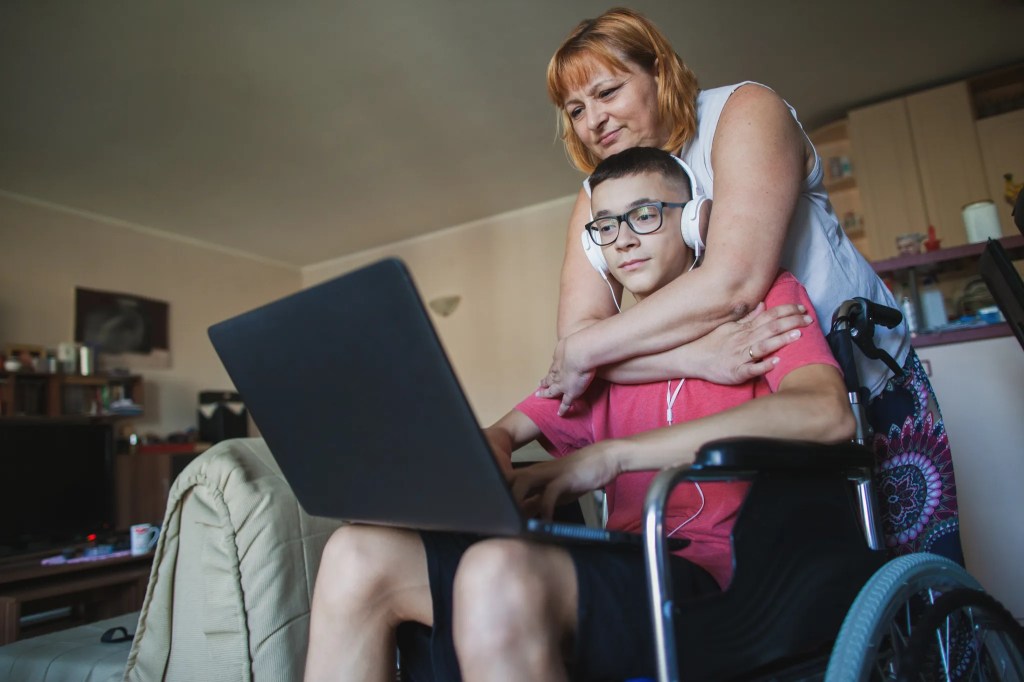
Caring For Your Child With Disabilities
According to AARP’s Caregiving in the U.S. 2020 Report, 14.1 million caregivers provide care for children ages 0-17. In addition, one-in-ten parents in the U.S. provide over two and a half hours of unpaid care a day to an adult child. That’s a lot of care. A lot of dedication. And a lot of love.
Fortunately, there’s also a lot of help for parents caring for a child with disabilities. If you’re one of them, this article offers some timely tips and links to resources you may find helpful.
Types of Disabilities
A disability is a condition of the body or mind that makes it more difficult for a person to do certain activities and interact with the world. It can affect their vision, movement, thinking, hearing, mental health, and more. The variety and severity of disabilities varies greatly, and each person will have a unique set of challenges and wishes.
The World Health Organization recognizes three dimensions of disability:
Impairment in body structure or function such as loss of a limb, vision, or memory.
Activity limitations such as difficulty seeing, hearing, walking, or problem solving.
Participation restrictions in age appropriate tasks or activities engaging in social and recreational activities, or obtaining health care.
Tips for Caregivers of Children with Disabilities
1. Research Your Child’s Disabilities
The more you know about your child’s disabilities, the better you’ll be able to advocate for them and provide the best care possible.
2. Effective Communication with Your Disabled Child
Encourage your child to tell you what they need and when they need it if they’re able. Work with their health care and medical teams to find solutions. Don’t be afraid to speak up and ask questions.
3. Flexibility in Caring for a Child with Disabilities
Your child may experience occasional or even daily changes in how they feel or what they can do. They may be fine one day and in need of extra assistance the next. Be prepared to adapt to their changing needs.
4. Creating a Safe Environment for a Disabled Child
Children with disabilities may have difficulty navigating around the house. Make sure cords and rugs are out of the way and hallways and walkways are clear. Place needed objects within easy reach. Use helpful tools like elastic shoelaces, modified kitchen utensils, and bathroom safety devices.
5. Balancing Fun and Care for Disabled Kids
Take time to play or do fun activities to remind them life isn’t all therapy and appointments. You’ll enjoy it too!
Caregiver Support and Resources are Available
You work hard to provide the best care for your child, and you also deserve help when you need it. From emotional coaching to financial assistance, you can utilize a variety of resources as a caregiver that can improve the care you provide to your child.
Careforth’s Expert Care Team Supports Caregivers Like You
Careforth’s expert team of nurses, social workers, care managers, and coaches are here to help you navigate your caregiving journey. Our team is committed to ensuring that you feel supported at every turn, so you can confidently care for your child at home.
Visit the How We Help page on our site or contact uscontact us to learn more about how Careforth supports caregivers like you.


